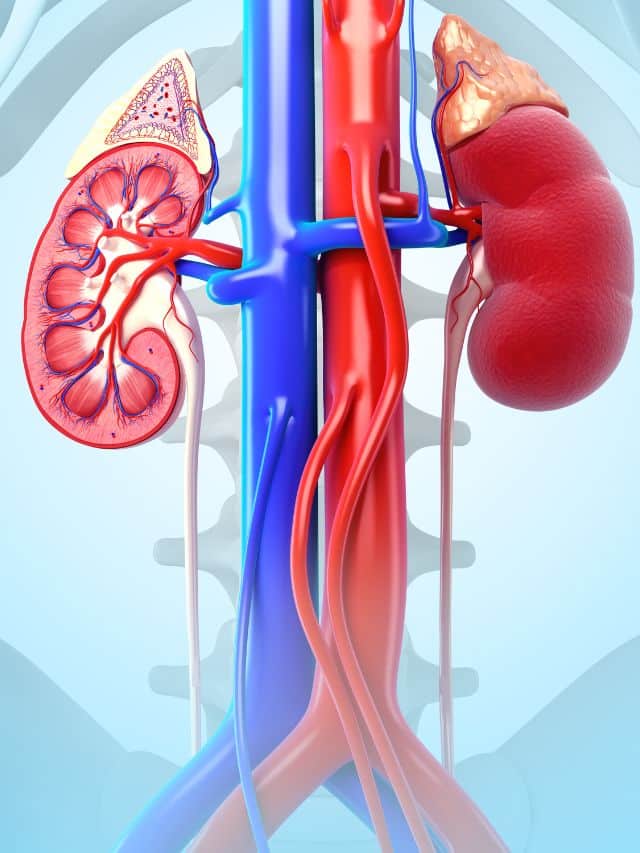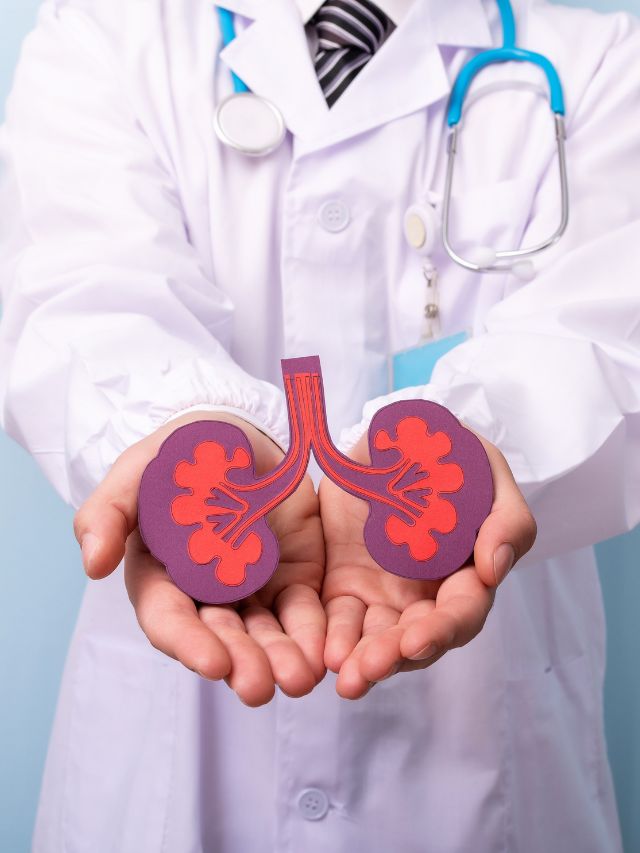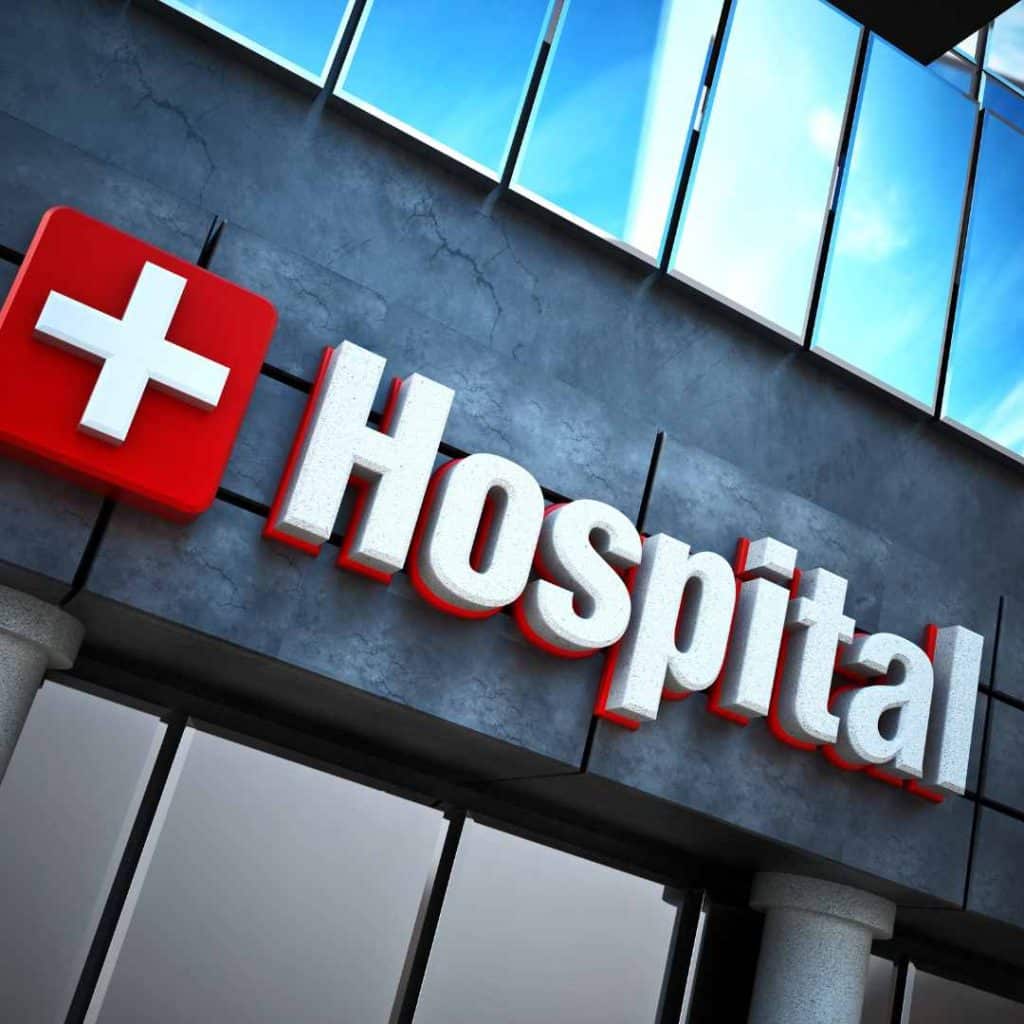Are you scheduled for an EC renal scan?
There must be a million questions on your mind.
You might be wondering what precautions should be taken after an EC renal scan.
No need to worry! We have got you covered.
What Is The Procedure For An EC Renal Scan?
It is essential to know how a doctor performs an EC renal scan.
EC Renal scanning is a same-day, outpatient procedure. You can return home the same day. A nuclear medicine technician carries out the scan. Usually, a doctor uses a medical office equipped with specialised equipment or a hospital’s radiology department for this.

The scan could take 45 minutes to 3 hours. If you are claustrophobic, inform the radiologist beforehand as the camera may be too close to your body.
You need to take out anything that could obstruct your scan. These include:
- Apparel
- Jewels
- Dentures
- Metal objects
Do not worry! This is a safe procedure and the radiologist will monitor you constantly!
A technician might insert an intravenous (IV) line into a vein in your arm or hand. After that, the technician will put a radioisotope into one of your arm’s veins.
The injection may feel like a short, sharp poke!
Your kidneys need time to absorb the radioisotope. So, there can be a waiting period.
By detecting the radioisotope’s gamma rays, the scanner will provide images of the surrounding environment.
Remain motionless while the scanner generates a picture because any movement could change or distort the image!
An angiotensin-converting enzyme (ACE) inhibitor is a blood pressure drug the radiologist may give you during testing if you need the scan due to excessive blood pressure. This makes it possible to compare your kidney function before and after the drug enters your system.

You might be given a diuretic, or water pill, to help the kidneys filter more urine during the scan if the purpose of the procedure is to check for kidney blockages. This enables your physician to note any limitations on the flow of urine.
You might require a soft tube called a catheter to keep your bladder empty if the scan requires it.
Following the scan, the technician will remove the catheter and IV line. After that, you can get dressed again and depart the hospital!

Unless your doctor instructs you differently, you can resume your normal diet and daily schedule following the scan. Naturally, the radioisotope will leave your body. Urinating and drinking fluids frequently can speed up this process.
Stay hydrated!
What Are The Possible Complications Of An EC Renal Scan?
Imaging with nuclear medicine is safe!
Compared to an X-ray, the radioisotope exposes you to less radiation. The kidney region is the main site of minor radiation exposure.
Note that it normally disappears from your body in a day!
There is no link between the subtle radiation doses used in nuclear medical treatments and any adverse long-term effects.
If you are pregnant or suspect you could be pregnant, let your doctor know despite the low and brief radiation exposure. Let your doctor know if you are breastfeeding. This will ensure that your breast milk is uncontaminated.
When you get up from the table, you may also experience vertigo. This lightheadedness and pain should pass quickly!
The risks of allergic reactions are low with radioisotopes, in contrast to intravenous dyes.
Although rare, allergic responses to radioisotopes are possible. If you have experienced a reaction to the contrast dye used in urinary system X-rays, an EC renal scan can be a smart choice.
The IV needle stick could result in:
- Redness and discomfort.
- Haemorrhage and oedema (a build-up of fluid in the body’s tissues).
- Get in touch with your physician if any of these signs continue. They might point to an illness.
Long periods of immobility on the scanner table may cause pain or discomfort, depending on your health.
You may also find it troubling if you have recently had surgery or an injury.
What Precautions Should Be Taken After EC Renal Scan?
Do you want to know, in detail, what precautions should be taken after an EC renal scan?
Yes!
You will find the answers here!
Hydration and Regular Peeing
Drinking lots of water following an EC renal scan is one of the most crucial things to do. Maintaining fluid intake facilitates the body’s quicker excretion of the radioactive tracer through urine.
Generally speaking, you should drink more fluids within the first 24 to 48 hours after the scan. Also, you should urinate frequently during this time to help the kidneys remove the tracer.
It’s also a good idea to flush the toilet twice after using the toilet so that leftover radioactive material is disposed of appropriately.
Reducing Social Contact
Limiting close contact with others is essential because radioactive material only stays in the body for a brief amount of time.
This is important for vulnerable people like kids and pregnant women.
Even with the low radiation levels, avoid meeting anyone for at least 24 hours following the scan.
Easy steps like not holding babies or spending time in close quarters with other people can greatly lower the risk of exposure.
Individual Cleanliness
Following the scan, good hygiene measures are essential, including washing your hands completely after using the toilet.
This safety measure stops the radioactive tracer from accidentally spreading.
Breastfeeding Safety Measures
Doctors typically advise that the patient discontinue breastfeeding for a specific amount of time following the scan if they are nursing.
For detailed advice on how long to stop breastfeeding, speak with your doctor as the radioactive tracer can find its way into breast milk.
The doctor can suggest you pump and discard the milk until the tracer has entirely left the body.
Resuming Regular Activities
After the scan, most patients can quickly return to their regular daily activities!
It is crucial to talk to your doctor immediately if any strange symptoms, such as a rash, itching, or swelling caused by an allergic reaction to the tracer, appear.
Conclusion:
Now that you’re aware of what precautions should be taken after an EC renal scan, it is crucial to let you know that the best EC scan in Chandigarh is MRI Chandigarh.
User testimonials and reviews won’t disappoint you!
Trust us and give it a try!
Book an EC renal scan in Chandigarh at www.mrichandigarh.com.

Comments